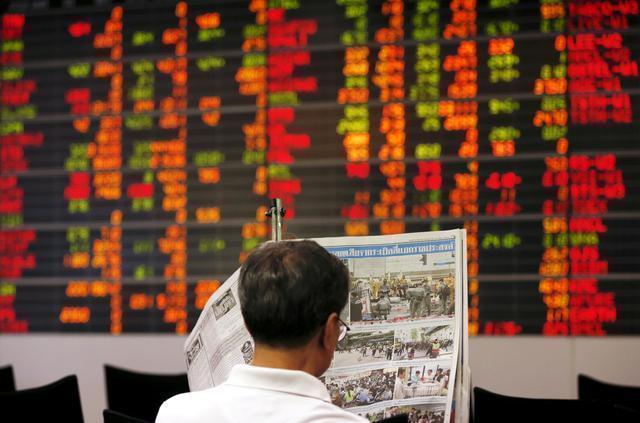Apart from the surge in the USD index, inflationist pressures and uncertainties about the economic policies make it difficult for TRY to appreciate. USD/TRY, which increased to 17.54 two weeks ago, the highest level since December 20, fell to 16.03 on June 24 following the Banking Regulation and Supervision Agency’s (BDDK) decision to implement new macro policies. USD/TRY tested above 17.20 yesterday, the resistance level shown by analysts. USD/TRY, which was also up to 17.25 yesterday, approached 17.30 this morning.
The Treasury and Finance Ministry indicated in a statement more steps it would take to better the economy within the scope of the New Economic Model, from the nature of the business and investment environment to employment increase, from commercial loans to the utilization of savings and the Private Pension System (BES). Here are the decisions that were made by the Ministry:
>> New regulations have been implemented to improve the business and investment environment to promote exports and increase employment.
>> Commercial loans are only used in fields that will strengthen the national economy.
>> Various implementations have been put in place to promote the utilization of savings in TRY assets and expand the investor base.
>> The Gold Saving System has been established to bring under the mattress gold savings to the economy.
>> The government support for BES has been raised from 25% to 30%.
>> TRY deposit and participation accounts have been promoted with tax regulations.
Russia signed a direct wheat sales agreement with Turkish companies, according to Bloomberg. Dmitry Sergeev, Director of United Grain Company (OZK) told Russian President Vladimir Putin at a meeting that more than one wheat agreement worth RUB 3bn (USD 47.6m) has been signed with Turkish companies.
Turkey’s benchmark stock index closed at 2,408.15 points yesterday, ending its two-day losing streak. Borsa Istanbul’s BIST 100 index gained 36.90 points, or 1.56%, from Tuesday’s close of 2,371.25 points. The index’s lowest value during the day was 2,370.13 points, while its daily high was 2,411.10 points, as 81 stocks on the index rose, 16 fell, and three were unchanged compared to the previous close. The period that we are in will have high volatility for investors who make short-term transactions while it will create opportunities for investors who want to make medium and long-term investments in terms of entering the stock market or buying new stocks, according to Murat Barisik, Research Director of Ata Yatirim. Ata Yatirim suggests adding companies with solid fundamentals, stories, and exports to your investment portfolio. Barisik named TAV Airport, Birlesik Magazalar AS (BIM), Arcelik, Erdemir, Migros, Turk Telekom, and Sisecam as examples.
DAILY AGENDA
The Central Bank and BDDK will release weekly monetary and banking statistics (2.30 p.m.).
Meanwhile…
>> President Recep Tayyip Erdogan stated at a meeting that inflation will be under control in February and March 2023.
>> The defense company ASELSAN has inked a USD 24.6m export deal with an international customer.
>>Turkey, with a population of more than 84.6 million people, ranked 18th among 195 countries in terms of population size, according to the Turkish Statistical Institute (TurkStat). The figure constitutes 1.1% of the world’s total population. The world population is expected to reach 8 billion by November 2022, TurkStat said, citing UN estimates.
READ A SELECTED ARTICLE FROM OUR MAGAZINE:
>> Foreigners considering investment risky leave the energy sector
The interest in the Energy Resources Support Mechanism (YEKDEM) has decreased due to the changes in the system, the organization of tenders in TRY, and the hike in the Credit Default Swap (CDS). That’s why foreigners are avoiding auctions, and domestic companies have had similar complaints.










